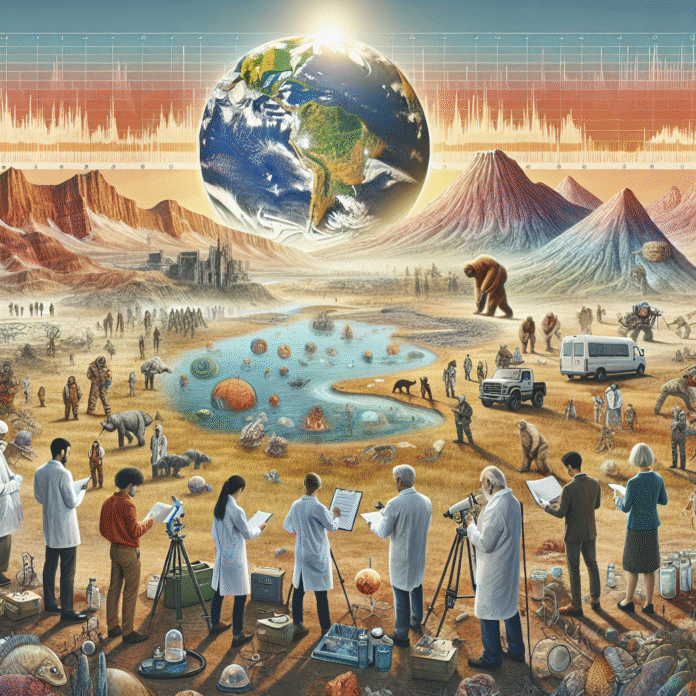Scientists Discover Early Signs of Human-Caused Global Warming
Scientists Uncover Early Signs of Human-Induced Global Warming
Recent research has unveiled that the origins of human-caused global warming trace back much earlier than previously believed. This groundbreaking study, which analyzed historical climate data, provides critical insights into the impact of human activities on the planet’s temperature.
A Shift in Understanding Climate Change Timeline
For years, scientists have focused on the late 20th century as the starting point for significant anthropogenic (human-induced) climate change. However, the new findings suggest that the effects of industrialization and land use changes began influencing global temperatures much earlier. By examining ice core samples, sediment records, and other geological data, researchers have identified indicators of warming that date back to the mid-19th century, coinciding with the onset of the Industrial Revolution.
The Role of Greenhouse Gases
One of the primary drivers of recent climate change is the increased concentration of greenhouse gases in the atmosphere, particularly carbon dioxide and methane. The study highlights that as human activities—such as burning fossil fuels, deforestation, and agriculture—intensified, these gases began to accumulate at alarming rates. This accumulation has led to a noticeable rise in global temperatures, which scientists attribute to both natural and anthropogenic factors.
Implications of Early Warming Signs
The revelation that human-induced warming began earlier than previously thought carries significant implications for climate science and policy. It suggests that the trajectory of climate change may be more severe than anticipated, necessitating urgent action to mitigate its effects. Policymakers are urged to consider these findings when developing strategies to combat climate change, as early intervention could potentially slow down the rate of warming.
Advancements in Climate Research
This research underscores the importance of using advanced technologies and methodologies to analyze past climate patterns. By employing sophisticated models and simulations, scientists can better predict future climate scenarios. Understanding the historical context of climate change can also help us identify effective adaptation and mitigation strategies.
Conclusion
The discovery of early signs of human-caused global warming reinforces the need for immediate and collective action to address the climate crisis. As we move forward, it is essential to learn from the past and implement sustainable practices that will protect our planet for future generations. The time to act is now, and the lessons from our history will guide us in creating a more sustainable future.
